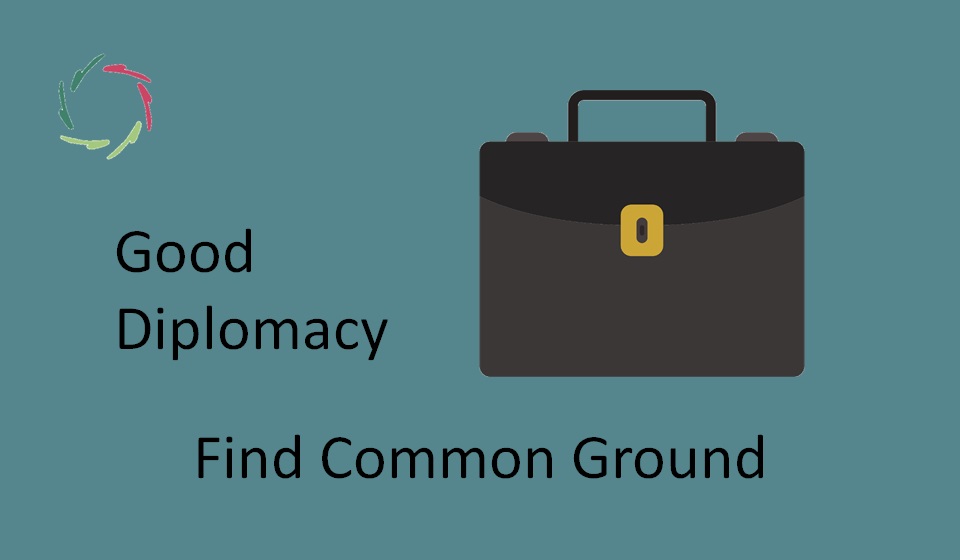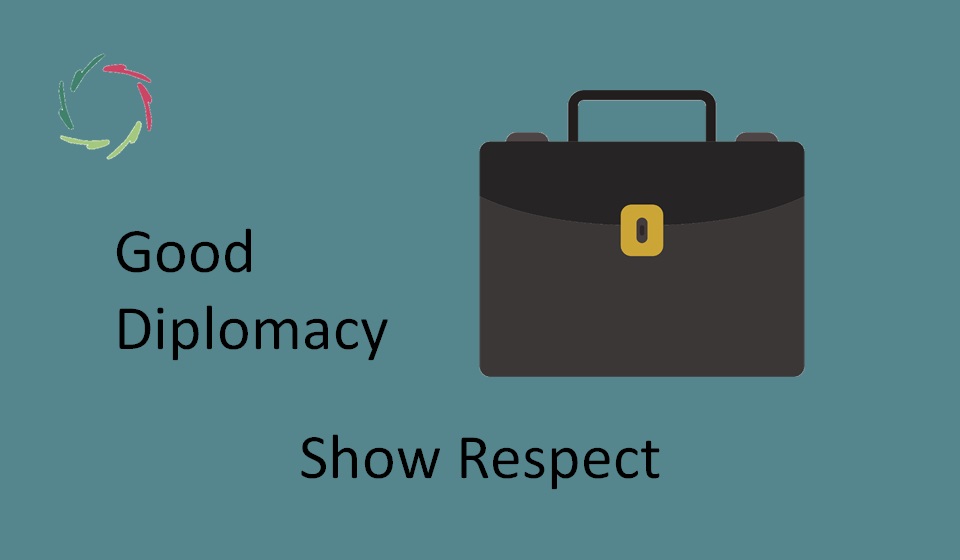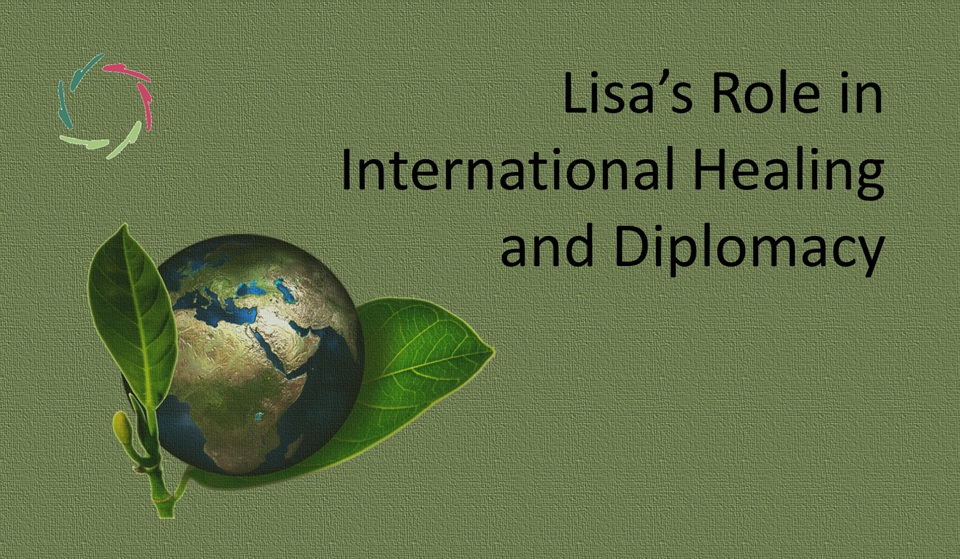Find Common Ground: Focus on Shared Interests and Common Goals

By focusing on shared interests and common goals, diplomats and negotiators can create a strong foundation for resolving conflicts and building lasting partnerships.
Finding common ground is essential in diplomacy.
―
BEFORE TAKING THIS IN, PLEASE FIRST READ ‘TEN TIPS FOR GOOD DIPLOMACY’!
This is the sixth tip of the series.
―
Key Aspects
Start with open-ended questions
- Ask open-ended questions to understand the other party’s interests and goals.
- Example: “What are the main objectives you hope to achieve from this negotiation?”
Map out overlapping interests
- Create a visual map of shared interests and goals to highlight areas of common ground.
- Example: “Both of us prioritize economic stability and environmental protection. Let’s focus on these areas first.”
Highlight benefits for both parties
- Emphasize how proposed solutions benefit both parties.
- Example: “This agreement will boost trade for both our countries and create new job opportunities.”
Use inclusive language
- Frame discussions in terms of “we” and “us” rather than “you” and “I”.
- This promotes a collaborative mindset.
Build on small agreements
- Start with small areas of agreement to build trust and momentum.
- Use these small agreements as stepping stones to tackle larger issues.
Stay solution-oriented
- Focus on finding solutions rather than dwelling on disagreements.
- Encourage creative thinking to identify mutually beneficial outcomes.
Encourage joint problem-solving
- Foster a collaborative environment where both parties work together to find solutions.
- Example: “Let’s brainstorm together on how we can address these challenges in a way that benefits us both.”
Respect differences
- Acknowledge and respect the differences between parties.
- Use these differences as a way to enrich the discussion and find innovative solutions.
Examples
Environmental agreements: In negotiations about environmental protection, both parties may have different priorities but share a common goal of sustainability. An approach to finding common ground might be
- “We both aim to reduce carbon emissions and protect our ecosystems. Let’s collaborate on initiatives that address these shared goals, such as investing in renewable energy and conservation projects.”
Trade disputes: During a trade dispute, identifying shared economic interests can help resolve conflicts. For example
- “We both want to enhance our economic growth and create jobs for our citizens. By finding a fair trade agreement, we can achieve these goals together.”
Peace talks: In peace talks, both sides may want to end violence and ensure security. A mediator might say
- “Our common goal is to achieve lasting peace and security for our people. Let’s start by agreeing on a ceasefire and then work towards a comprehensive peace plan.”


